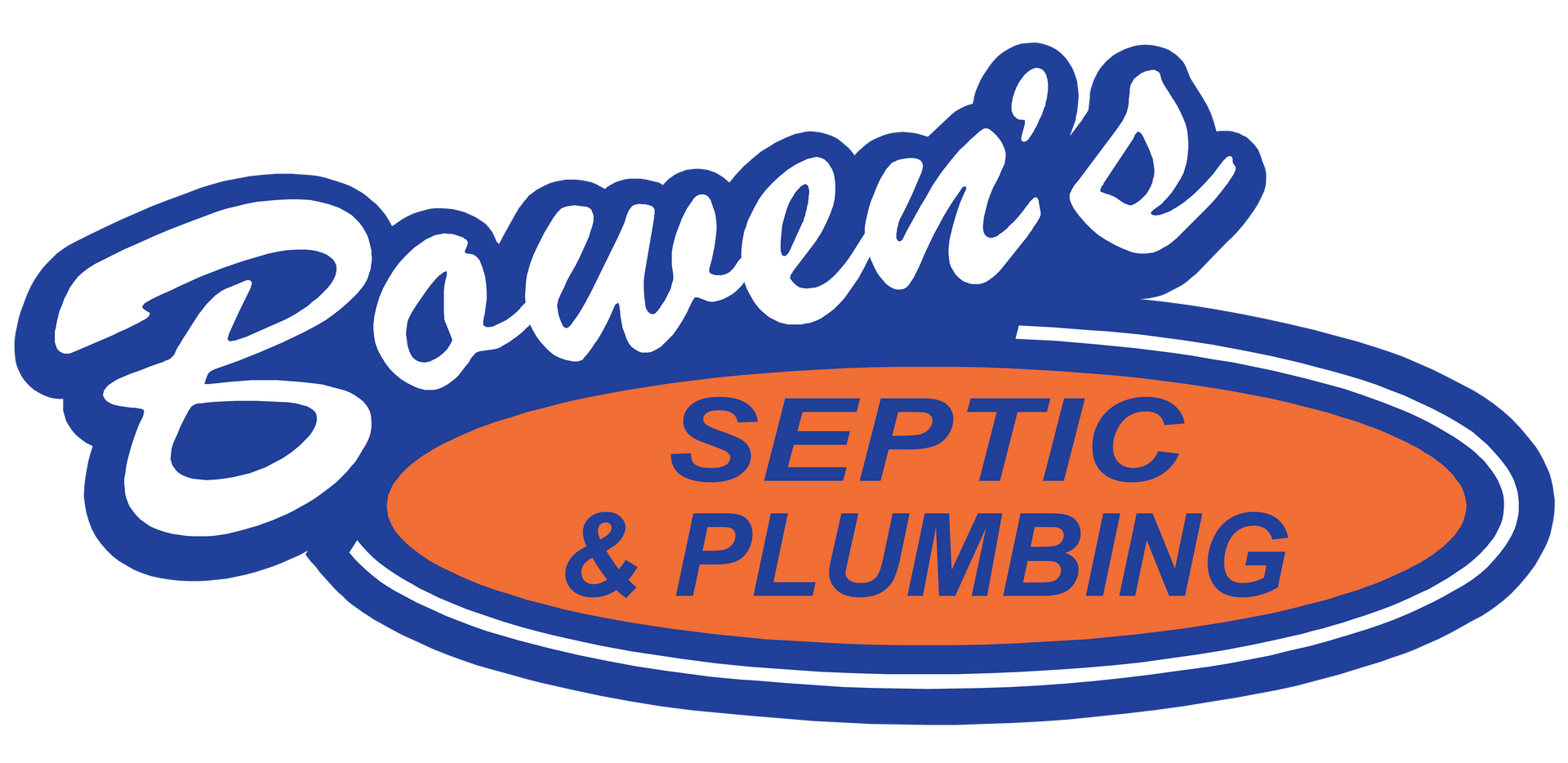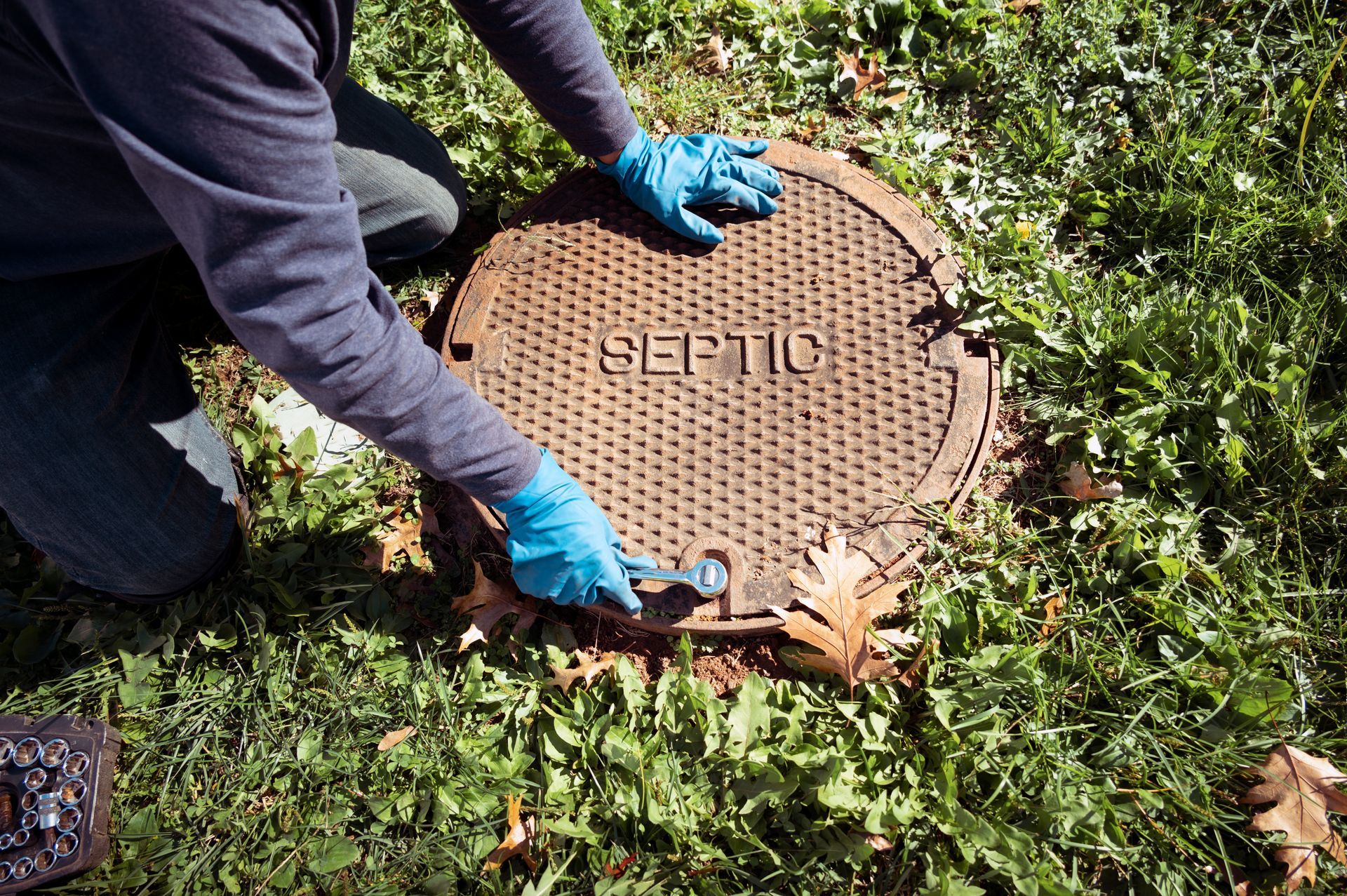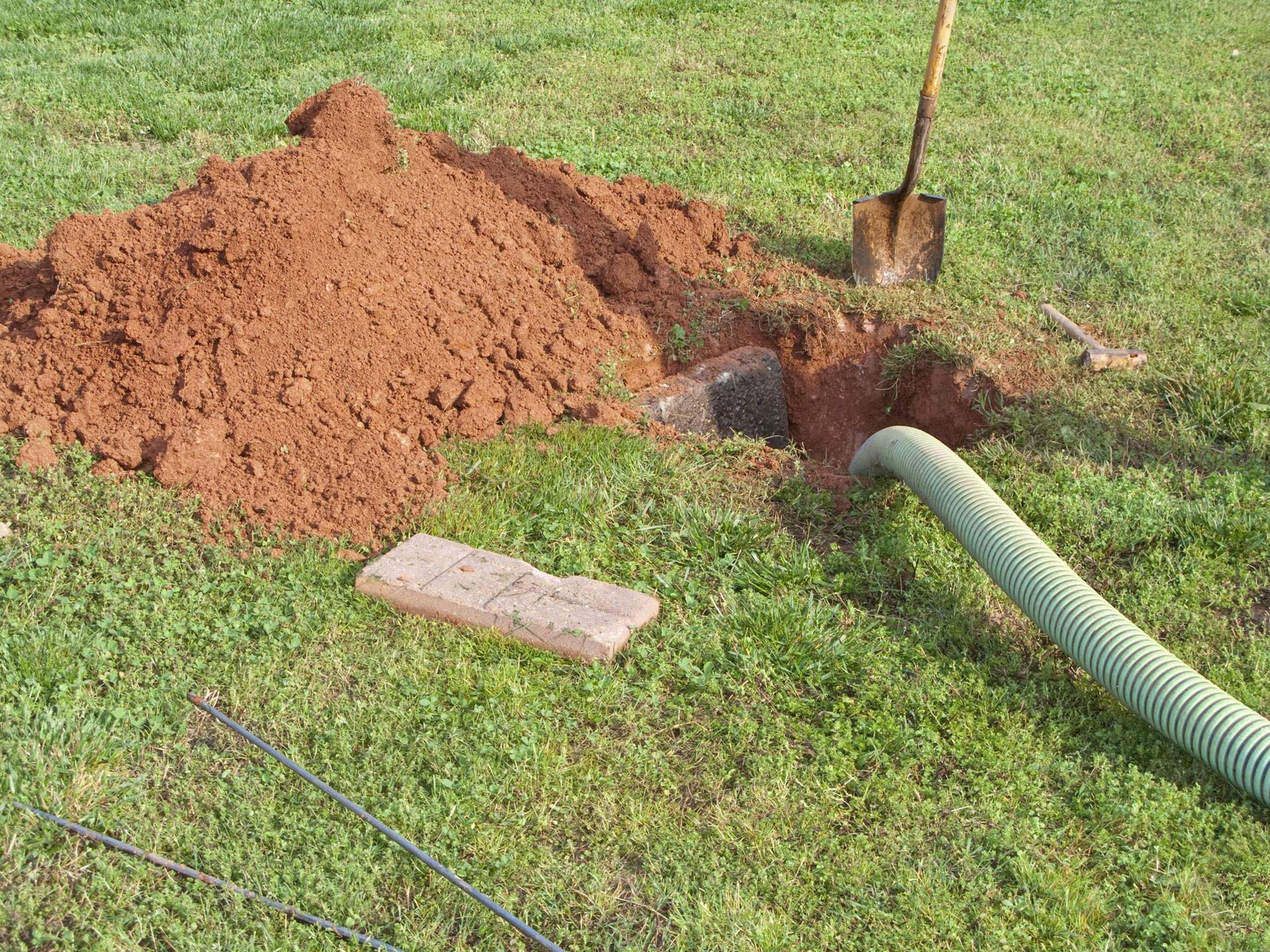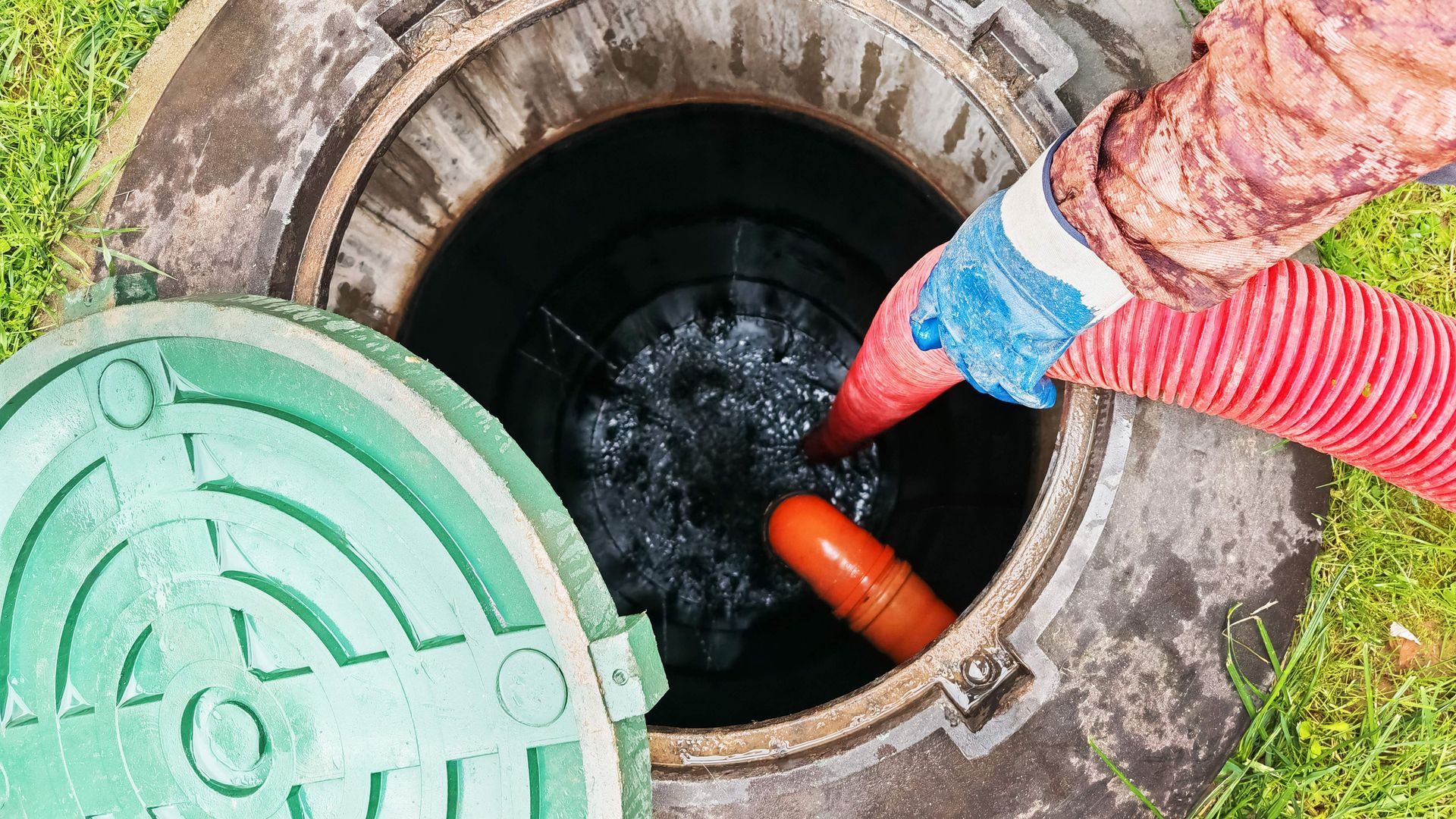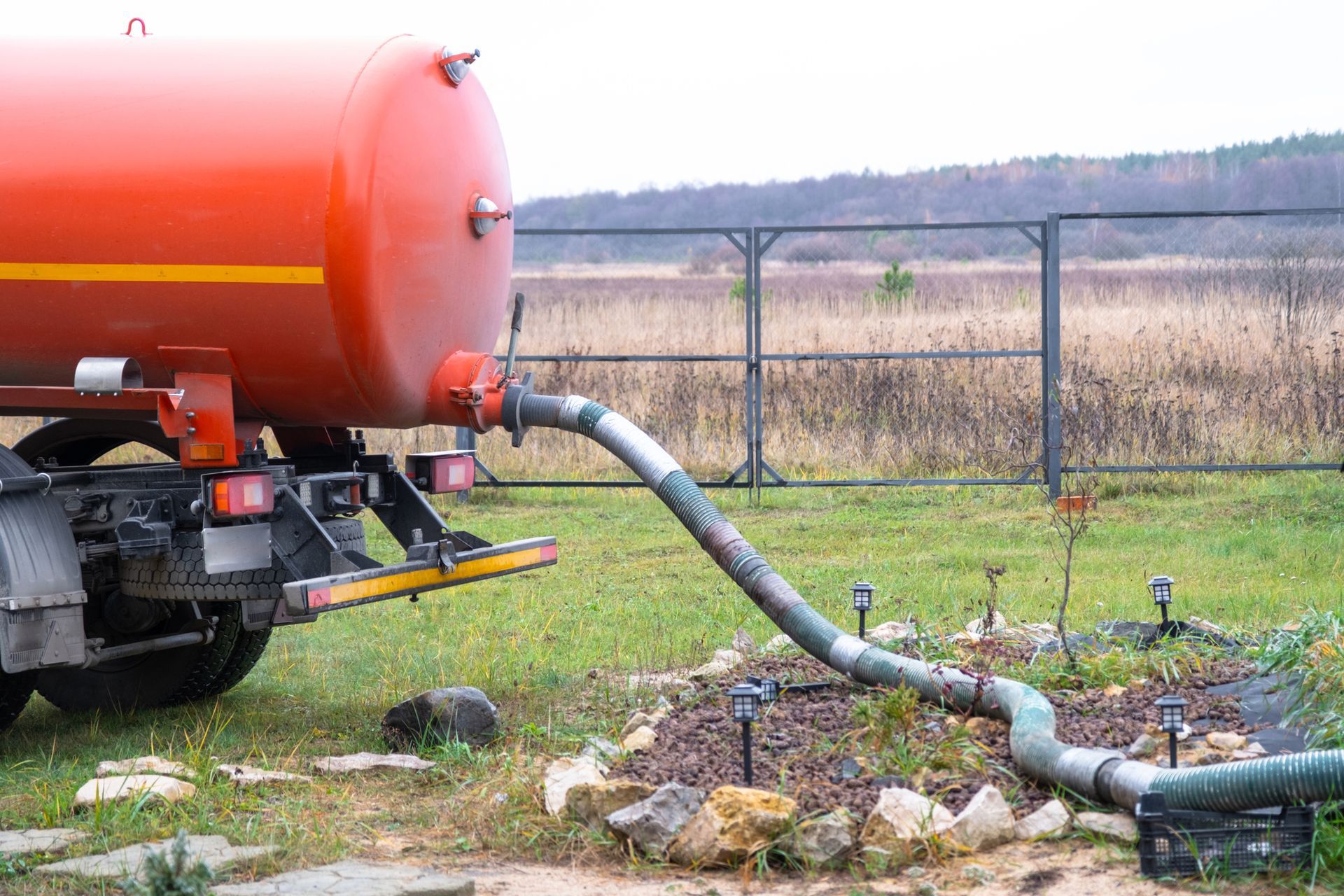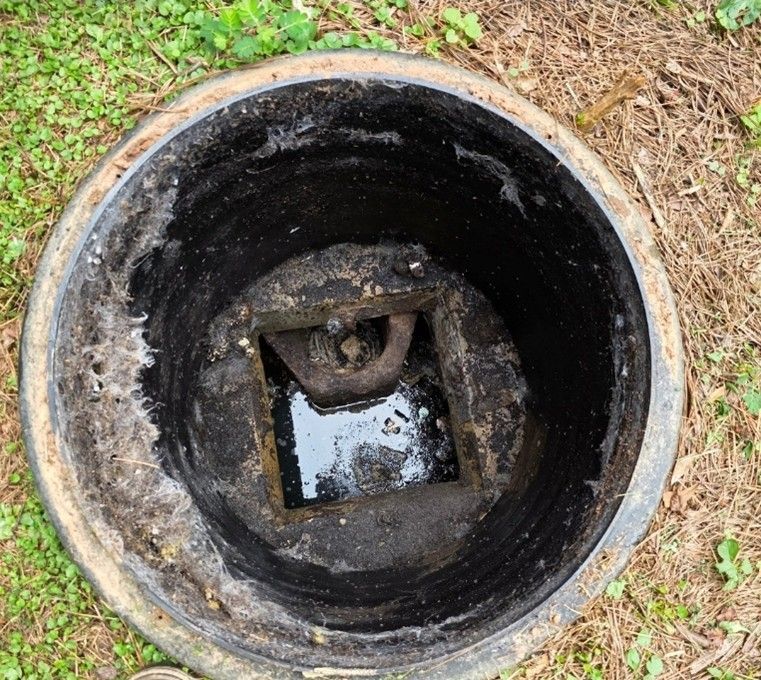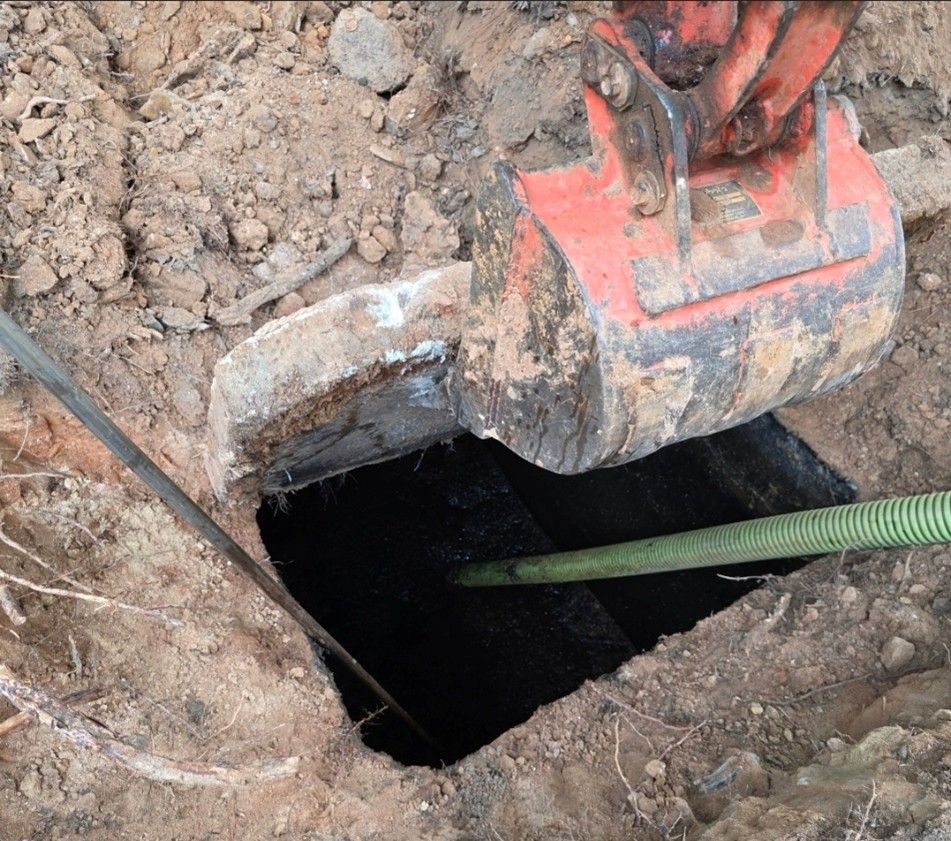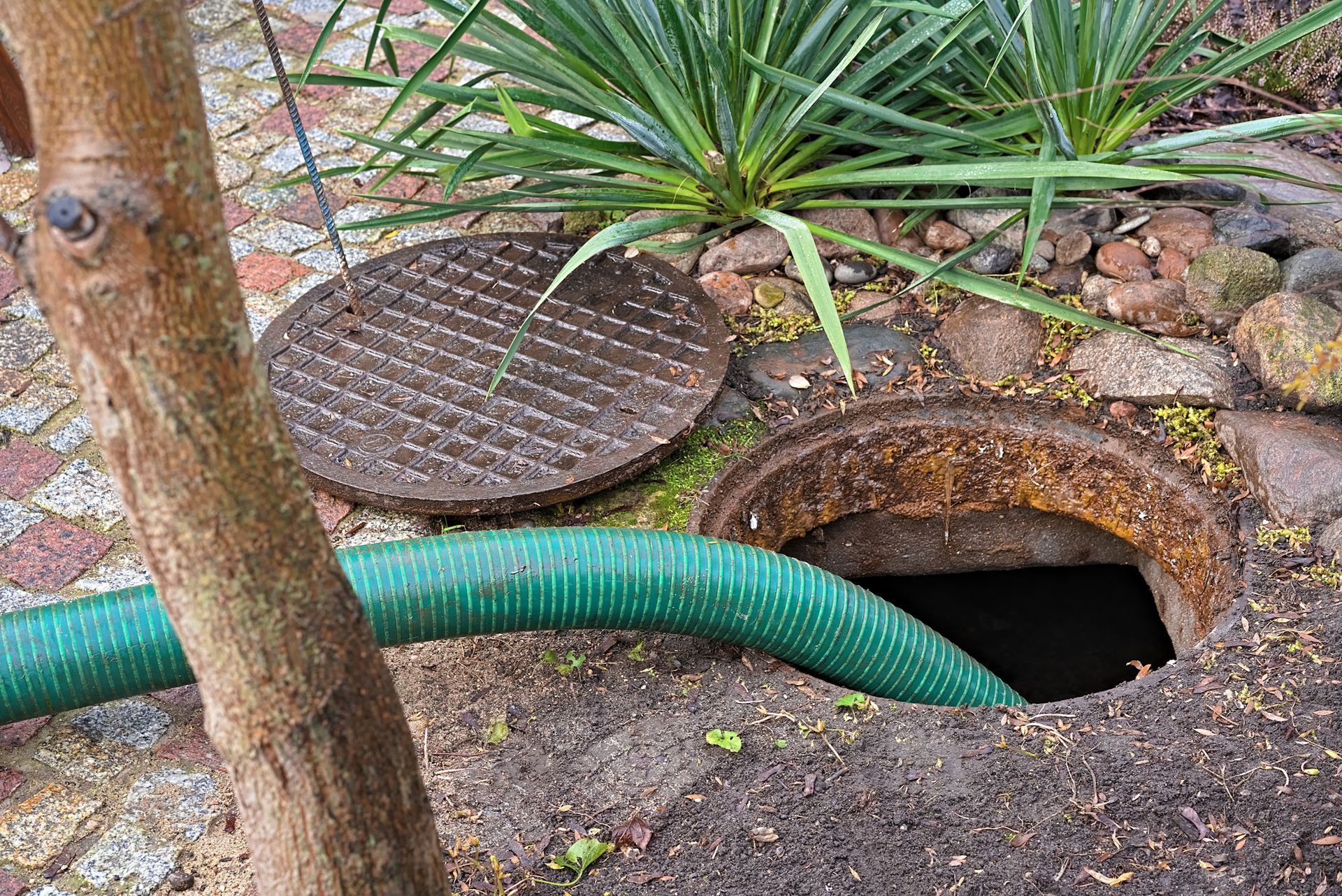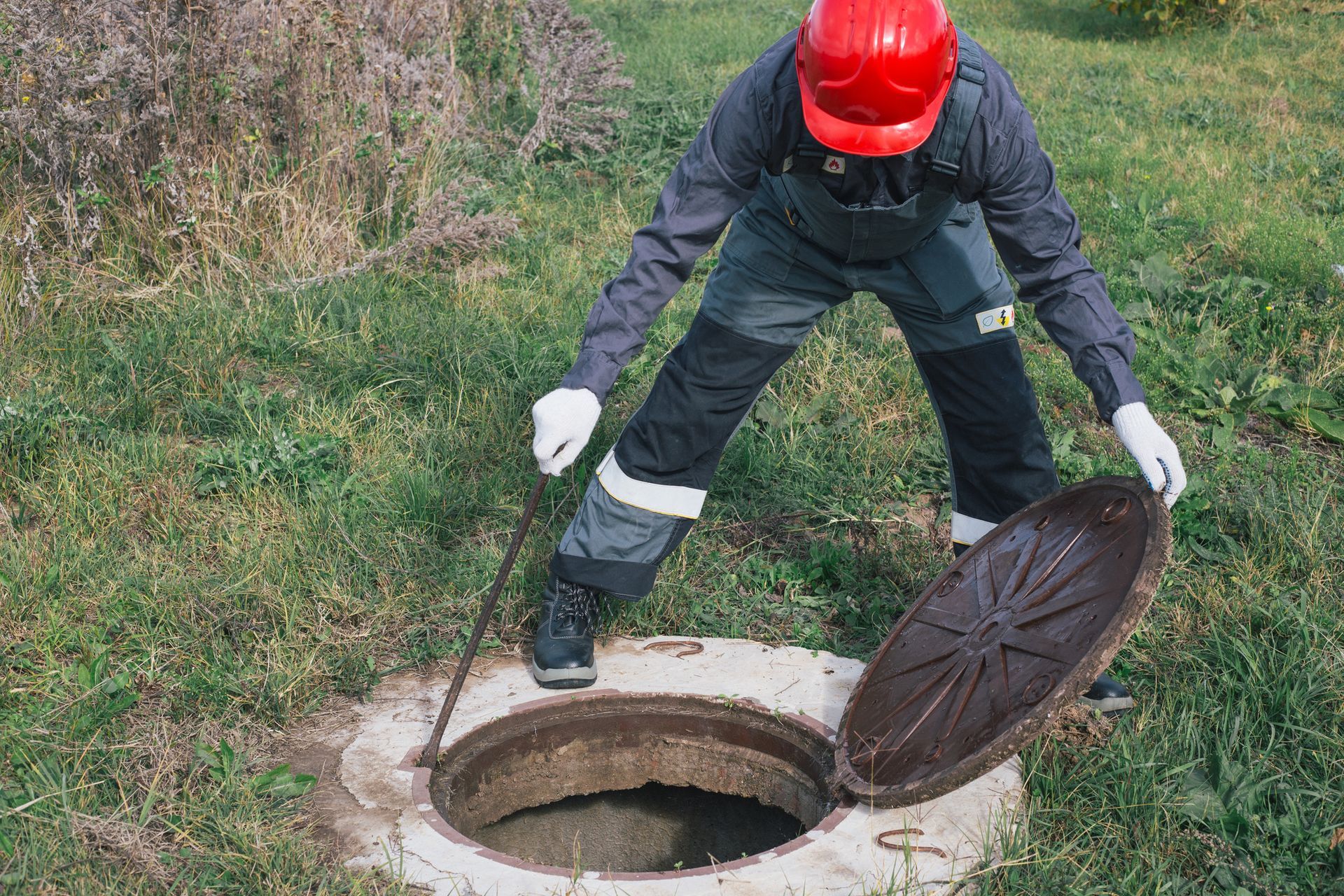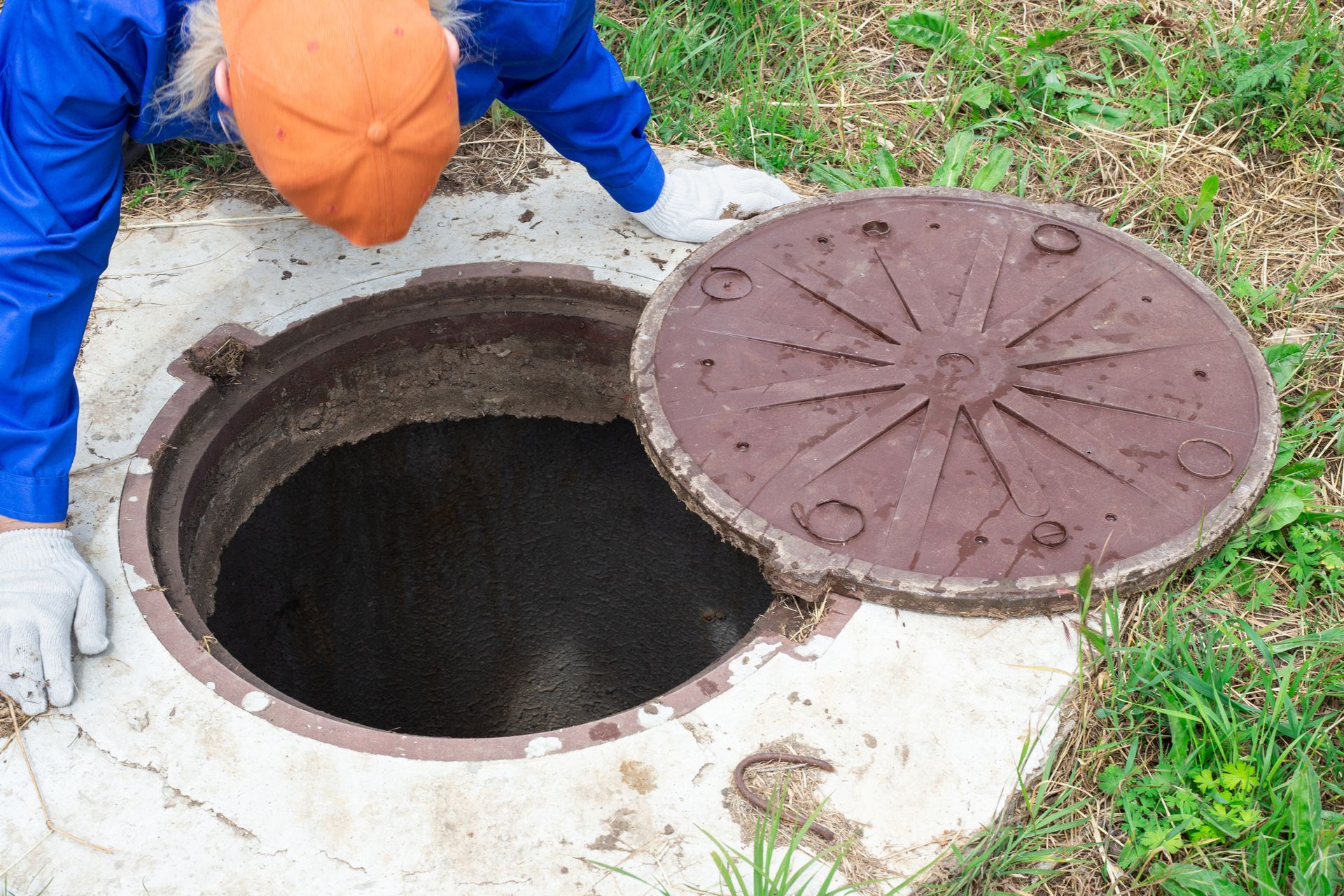When Things Go Wrong: Common Septic System Failures Explained
For most people, septic systems are often out of mind until things go wrong. When they do, the results can be messy, inconvenient, and even hazardous to your health.
This guide delves into the world of septic systems, specifically focusing on some of the most common failures homeowners may encounter. From drain field failures to pump issues, read on to understand what causes these problems, how to identify them, and most importantly, how to address them.
The drain field is the part of your septic system where water drains into and is absorbed into the surrounding soil. It relies on soil particles to filter out pollutants and contaminants, leaving clean water behind.
A drain field failure occurs when that process is disrupted or overwhelmed by too much wastewater. This can occur from using too much water, flooding, or a broken septic tank that releases sewage directly into the drain field.
For example, if you suddenly start washing large loads of laundry or increase your water usage in any way, the extra wastewater can quickly saturate the soil and overwhelm the drain field's ability to filter out contaminants.
Additionally, tree roots and heavy vehicles driving over the drain field can cause it to fail. Tree roots can block the flow of sewage into the drain field, leading to a backup. Heavy vehicles can compact the soil above the drain field, which makes it harder to absorb wastewater. This can create a system overload and cause wastewater to escape into other areas on your property.
Other signs of a drain field failure include:
If you suspect that a drain field failure is the cause of your septic system woes, contact a professional right away. A technician can offer solutions to help alleviate the issue, like additional drain fields to increase capacity, replacing damaged parts, or simply controlling water usage in your home.
They may also suggest you avoid planting trees or shrubs over or near the drain field and be careful not to drive over it with heavy equipment.
Some septic systems might need pumps to move wastewater from the tank and up to the drain field. This is usually a requirement if a slope or other feature prevents gravity from working on its own. Remember that most septic systems rely on gravity to move wastewater, so any disruption can cause serious problems.
But septic pumps can fail for several reasons, such as clogs or age-related wear and tear. For example, the pump impeller, which helps move wastewater, can become clogged with debris and stop working. This is a common issue since the pump is constantly exposed to wastewater, which can contain all sorts of debris.
In some cases, the pump motor itself may fail, causing the entire system to stop working. When this happens, the wastewater won't move through the system and will likely start backing up into your home or other areas on your property. You may notice gurgling sounds from drains, frequent backups in toilets and showers, or a sewage smell if the wastewater can't move through the system.
If you suspect a pump failure, shut off all water sources and contact a professional to inspect and repair your septic system. They might need to replace the pump or pump motor to fix the issue. And if the pump is only clogged with debris, the technician can remove the debris to help get your system back up and running.
They can also recommend installing a backup power source, such as a generator, to keep the pump running during a power outage. This can help prevent any unexpected pump-related inefficiencies.
Hopefully, you're now better equipped for when things don't go as planned with your septic system. Contact us at Bowen's Septic Tank for more information on septic system failures or to schedule an appointment with one of our technicians. We're always here to help!
This guide delves into the world of septic systems, specifically focusing on some of the most common failures homeowners may encounter. From drain field failures to pump issues, read on to understand what causes these problems, how to identify them, and most importantly, how to address them.
Drain Field Failures
The drain field is the part of your septic system where water drains into and is absorbed into the surrounding soil. It relies on soil particles to filter out pollutants and contaminants, leaving clean water behind.
A drain field failure occurs when that process is disrupted or overwhelmed by too much wastewater. This can occur from using too much water, flooding, or a broken septic tank that releases sewage directly into the drain field.
For example, if you suddenly start washing large loads of laundry or increase your water usage in any way, the extra wastewater can quickly saturate the soil and overwhelm the drain field's ability to filter out contaminants.
Additionally, tree roots and heavy vehicles driving over the drain field can cause it to fail. Tree roots can block the flow of sewage into the drain field, leading to a backup. Heavy vehicles can compact the soil above the drain field, which makes it harder to absorb wastewater. This can create a system overload and cause wastewater to escape into other areas on your property.
Other signs of a drain field failure include:
- A sewage smell coming from the drain field area
- Standing water on or near the drain field
- Soggy soil in or around the drain field
If you suspect that a drain field failure is the cause of your septic system woes, contact a professional right away. A technician can offer solutions to help alleviate the issue, like additional drain fields to increase capacity, replacing damaged parts, or simply controlling water usage in your home.
They may also suggest you avoid planting trees or shrubs over or near the drain field and be careful not to drive over it with heavy equipment.
Pump Failures
Some septic systems might need pumps to move wastewater from the tank and up to the drain field. This is usually a requirement if a slope or other feature prevents gravity from working on its own. Remember that most septic systems rely on gravity to move wastewater, so any disruption can cause serious problems.
But septic pumps can fail for several reasons, such as clogs or age-related wear and tear. For example, the pump impeller, which helps move wastewater, can become clogged with debris and stop working. This is a common issue since the pump is constantly exposed to wastewater, which can contain all sorts of debris.
In some cases, the pump motor itself may fail, causing the entire system to stop working. When this happens, the wastewater won't move through the system and will likely start backing up into your home or other areas on your property. You may notice gurgling sounds from drains, frequent backups in toilets and showers, or a sewage smell if the wastewater can't move through the system.
If you suspect a pump failure, shut off all water sources and contact a professional to inspect and repair your septic system. They might need to replace the pump or pump motor to fix the issue. And if the pump is only clogged with debris, the technician can remove the debris to help get your system back up and running.
They can also recommend installing a backup power source, such as a generator, to keep the pump running during a power outage. This can help prevent any unexpected pump-related inefficiencies.
Hopefully, you're now better equipped for when things don't go as planned with your septic system. Contact us at Bowen's Septic Tank for more information on septic system failures or to schedule an appointment with one of our technicians. We're always here to help!
